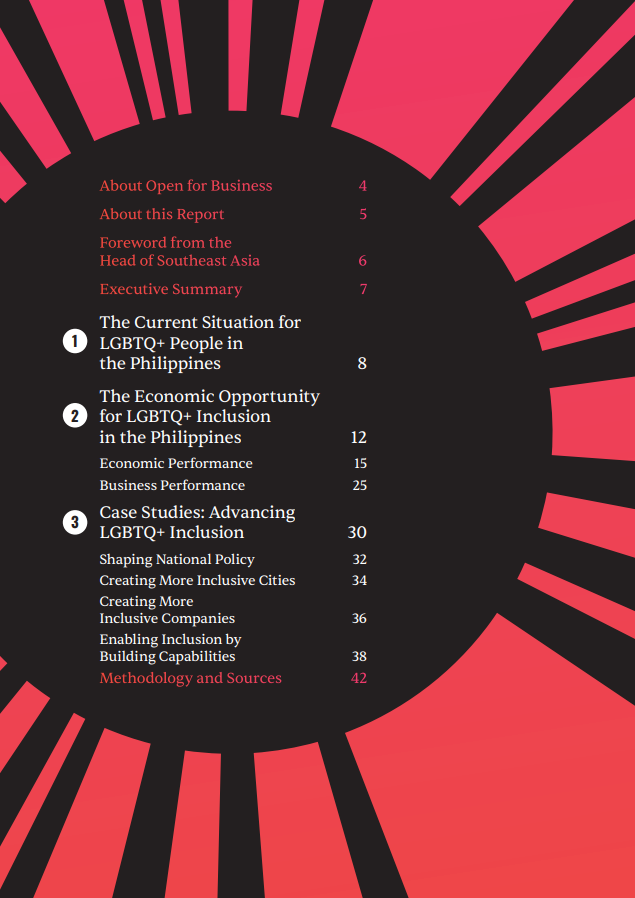The Economic Case for LGBTQ+ Inclusion in Uruguay
Interactive South America, Uruguay City Map - 2025 Edition
Figure 1: Interactive South America, Uruguay City Map - 2025 Edition. Use Ctrl + scroll (or pinch to zoom) to zoom in and out of the map. Click a city bubble for more information.
The case of Uruguay shows that LGBTQ+ inclusion is not just a human rights imperative but a tangible driver of national competitiveness. A progressive legislative framework, combined with active policies for innovation, entrepreneurship, talent retention, and safe tourism, has transformed the country into a regional hub capable of attracting investment, boosting strategic sectors, and reducing brain drain.
The data is clear: greater productivity, more innovation, and a global positioning that translates diversity into an economic advantage. Uruguay proves that inclusion generates returns, not only social but also economic, and sets a precedent for Latin America and the world.
The results of sustained and progressive work toward LGBTQ+ inclusion in Uruguay, as well as its regional economic position, are clear:
LGBTQ+ Inclusion: Uruguay is the Latin American country with the most advanced and comprehensive legislation on trans issues, with a comprehensive federal law. In addition, together with Costa Rica, it is the Latin American country with the highest score on the 2022 Unified F&M LGBT Rights Barometer.
Innovation: It ranks as one of the five Latin American economies with the highest scores in the 2024 Global Innovation Index, and is a regional leader in the areas of Institutions (31st globally) and Infrastructure (48th globally).
Entrepreneurship: According to the Global Entrepreneurship Monitor 2024, Uruguay is the second-best place to start a business among the eight Latin American economies analyzed, and the second-highest of 56 economies worldwide.
Brain Drain Reduction: It has achieved a significant reduction in brain drain, reaching a historic low of 3.1 on the Human Capital and Brain Drain Index in 2024, compared to a high of 5.9 in 2007. It is the fourth country with the lowest score in the region.
Talent Competitiveness: It ranked second among Latin American countries in the 2023 Global Talent Competitiveness Index (IGCT).
Tourism: In 2025, it ranked 8th out of 217 countries in the Gay Travel Index as a safe tourist destination for LGBTQ+ people.
What is its methodology?
The report combines findings from a variety of quantitative and qualitative research methods:
A literature review of the key economic and LGBTQ+ trends in the country from sources between 2018 and 2025.
Data gathering and analyses of economic and other business-related data, as well as correlations with LGBTQ+ rights data in the Philippines, and in a global context.
Interviews with Civil Society Organisation (CSO) leaders, within Free to be Me’s economic empowerment pathway, city government representatives and business leaders who are making a difference in improving LGBTQ+ inclusion in the Philippines.
Call for evidence
We have found there is overall limited and inconsistent data on the LGBTQ+ community in the Philippines, especially regarding economic and business inclusion issues. Open for Business plans to build its research and engagement programme in the region in the coming years. We look forward to jointly developing other research programmes with local organisations.




